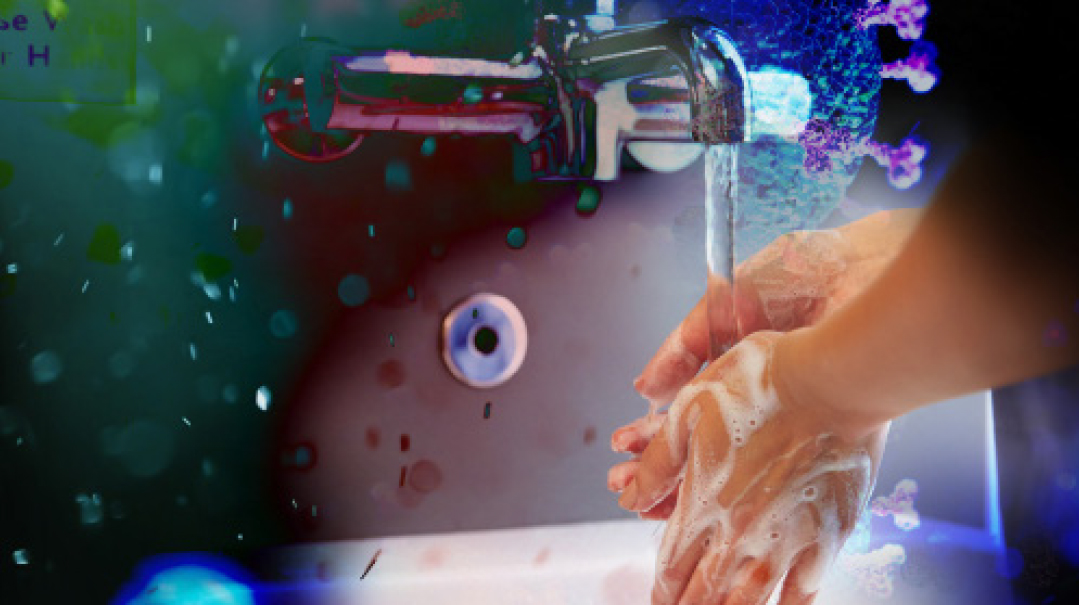Not Alone

“The birth was smooth, the babies are healthy. My mother wasn’t here, but she got me a neis”

You can live in the center of town, in a bustling high-rise building, and you can go an entire winter without seeing your neighbor.
There are the sounds — the occasional howl, cry, meow, shrill of laughter — and you wonder fleetingly what’s happening behind closed doors.
Who do you see? An old chap in the elevator, a personal instructor laden with equipment coming for someone on the fifth floor, and oh, there’s a poodle sharing the elevator with you.
Mostly, everyone is holed up in their own homes, in their busy, scrambling lives. Work, leave, return, leave again.
Oh, sure, there’s, Do you have an egg, a cup of oil, some sugar, please?
But mostly it’s, Hello, goodbye, haven’t seen you in so long, how old is he now?
There are the newlyweds. Floating in their shining pink bubbles. Running off to parents, doing their thing.
The rest of us, perhaps meeting briefly on Shabbos, when we stop to breathe.
And then last Shabbos, when the world started closing in on us, border by border; last Shabbos when we thought it wouldn’t be us, we’d stay safe; last Shabbos when there was still shul as normal and aufrufs and children racing around, we heard they had twins, the neighbors one floor down.
“Mazel tov.” I didn’t know her well. Didn’t stop to think how she’s coping with babies three and four. Surely she was with her family, she’d go to the mother-baby home. “So nice,” I said blithely to my husband.
Motzaei Shabbos the messages came pouring in. Trump had closed the border to the UK. The school I taught in was alternating days. There’s still so much for my classes to cover, was all I thought. I squeezed in lessons, put in extra time, the government exams were coming up.
School was closing, but our smaller classes could still go on. And go on they did.
Oops! We could not locate your form.









